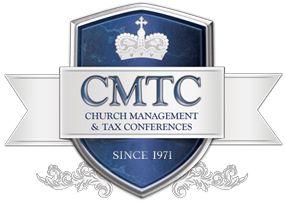|
It is normal for most, which are familiar with a Church setting and its operation, to assume that the Church has at its heart and as its motive, the best interest of its membership and those whom regularly attend. In all the years connected with Church and its day-to-day operations, I attest that this is, for the most part, true. However, what about those times when someone within the Church, intends to do what they feel is the right thing to do, but in the long run may destroy an individual or bring serious liability issues to the Church and staff? Or, do those scenarios even exist within the confines of Churches and their membership? The answer to this previous question is a resounding yes. In decades of Church attendance I have often witnessed scenarios when the actions of one member embarrassed or brought about significant emotional damage to another member or visitor. This happens often when someone requests prayer for, or wishes to add someone to a prayer list. The motive is right, but the method may be wrong. In their attempts to engage others in prayer for that special need, they often reveal information that should not become public knowledge.
|
Archives
September 2020
Categories |

 RSS Feed
RSS Feed



